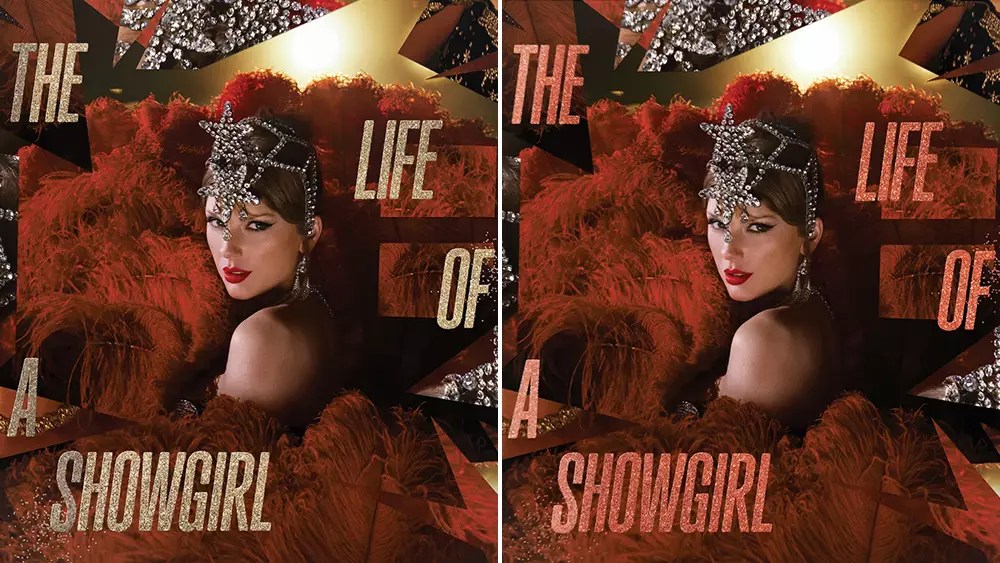In an era where corporate giants wield unprecedented influence, the recent surge of AMC’s secretive booking of a Taylor Swift movie exemplifies a shift towards strategic monopolization in entertainment. This move isn’t merely about adding a new film to their lineup; it signals a calculated effort to dominate the box office landscape for a critical window, leveraging star power and brand loyalty to marginalize competitors. What’s especially noteworthy is the timing—coinciding with Swift’s album release, creating a synergistic push that underscores the importance of controlling simultaneous media narratives. This partnership hints at a broader pattern where large chains and influential studios collaborate discreetly to amplify their market control, leaving smaller theaters and independent distributors at a disadvantage.
The Power of Star-Driven Market Manipulation
Taylor Swift’s ability to draw mass audiences isn’t just rooted in her musical talent but also in her savvy understanding of brand leverage. The strategic secrecy surrounding her upcoming film, coupled with the carefully planned limited theatrical run, demonstrates how contemporary pop icons are transforming into quasi-oligarchs of the entertainment economy. By orchestrating an exclusive window—playing only for three days and at select times—Swift and AMC are attempting to maximize profitability while creating scarcity, thereby elevating demand artificially. This method ensures that the event feels special, almost like a cultural ritual, driving fans and casual moviegoers into theaters driven by FOMO and loyalty. Such tactics are emblematic of a corporate mindset that seeks to commodify cultural moments into profit-maximizing events, often at the expense of genuine artistic expression or consumer choice.
The Implications for Cultural Diversity and Industry Competition
What does this strategy mean for the broader landscape of film and music industries? For one, it consolidates power in a handful of corporate-controlled narratives, reducing the diversity of voices and creative visions available to the public. When star-driven content like Swift’s becomes a monopolistic event, it can marginalize smaller productions or alternative narratives that lack such star power or access to lucrative distribution channels. Moreover, this move hints at an increasing trend toward exclusivity and time-restricted releases designed to generate buzz and immediate profits rather than fostering sustained cultural engagement. Competition, traditionally seen as vital for innovation and diversity, is rapidly diminishing as industry players band together behind star-centric blockbuster pushes, locking audiences into a limited set of choices.
The Future of Cultural Consumption in a Corporate-Driven Ecosystem
If AMC’s high-stakes gamble proves successful—selling out theaters with concessions and exclusive experiences—the landscape of entertainment consumption may be permanently altered. The focus shifts from artistic storytelling to strategic power plays where the most influential brand or star dictates the market rhythm. For center-right audiences who value free enterprise and healthy competition, this oligopolistic approach is deeply troubling. It stifles entrepreneurial spirit and ensures that cultural products are increasingly shaped not by independent creators but by corporations with vested interests in maintaining their dominance. As this model solidifies, only those with the resources to dominate the cultural ecosystem will thrive, leaving little room for new voices or innovative formats to emerge. Ultimately, the triumph of corporate strategy over artistic diversity signifies a worrying trend — one where entertainment becomes another pawn in the game of power, prestige, and profit.


Leave a Reply